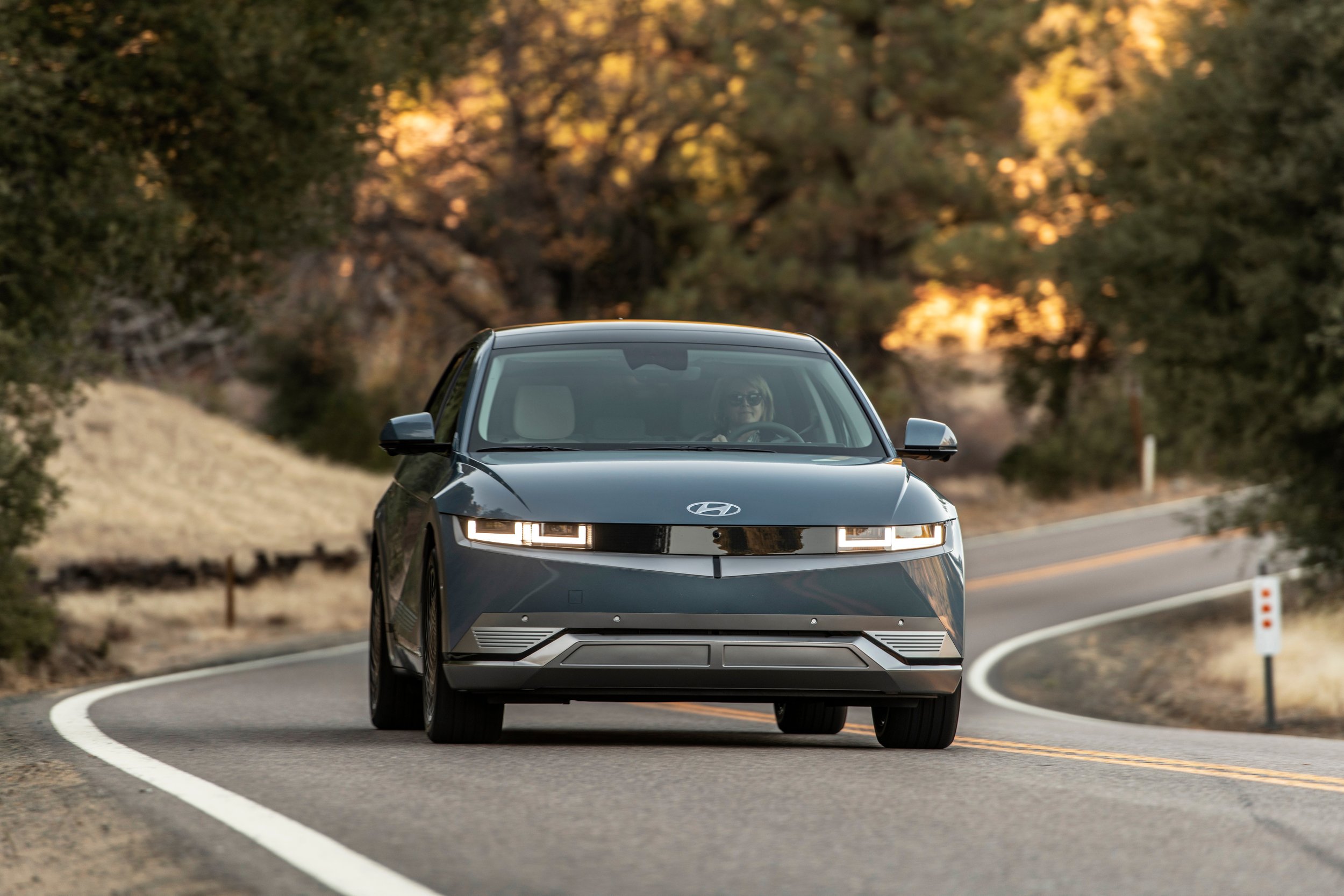Elon Musk: Kill All Subsidies, Government Poor Arbiter of Capital Allocation
By Edward A. Sanchez – Dec. 7, 2021
It seems like controversy and Elon Musk have a magnetic relationship. They always seem to find each other. The latest installment in this ongoing saga is the Space X and Tesla CEO saying in a Reuters report covering The Wall Street Journal CEO Council Summit, that he thinks the $7,500 EV tax credit should disappear, as well as saying he thinks the entire bill including EV subsidies should not be passed.
Some say Musk is being duplicitous in calling for subsidies to be killed, while Tesla was a beneficiary of the EV tax credits, as well as being the recipient of a Department of Energy Loan in 2009 that helped the company get off the ground. There is an argument to be made for subsidies – however, a case could also be made that subsidies can stifle innovation and cause complacency and dependence over the long term.
Musk would probably say, (to be clear, I am paraphrasing and speculating here): “The legacy OEMs could have made significant investments in EV R&D a decade ago. They didn’t, and now they’re playing catch-up, and asking the government to give them a hand. Too bad. They should have made different strategic decisions when they could, and they didn’t. Too bad, so sad.”
When questioned further regarding charging infrastructure, Musk doubled down in the article:
“I'm literally saying get rid of all subsidies," he said, adding that the government should I think just try to get out of the way and not impede progress."
He also did not mince words in terms of his view of the government and its role in business and technology:
"It does not make sense to take the job of capital allocation away from people who have demonstrated great skill ... and give it to, you know, an entity that has demonstrated very poor skill in capital allocation, which is the government."
These words should cheer libertarians and free marketers. They probably equally horrify progressives who see government as a force of good and a necessary referee to prevent runaway excesses by business, either in the form of profiteering by executives, board members, and institutional shareholders, or consumer exploitation.
But let’s be clear. The Biden administration has not exactly been a neutral, non-partisan party in this whole clean transportation movement. Starting with the deliberate exclusion of Tesla from the White House ceremony and the suspiciously partisan $4,500 special treatment for UAW-made vehicles championed by President Biden. And let’s not forget the ongoing investigations into Tesla’s Autopilot system, which industry veteran Sandy Munro shared his unfiltered opinion on. But that’s not all. Suddenly, Lucid is under subpoena by the SEC for its SPAC deal with Churchill Capital for its IPO. Lucid is also a non-union U.S.-based automaker. Coincidence? You tell me.
Due to its union affiliation, companies like General Motors will benefit from the proposed U.S. EV subsidies. (Image courtesy Cadillac)
Is Musk being a hypocrite for calling for the end of subsidies while Tesla was a beneficiary of them itself? Perhaps. But if you peel back the layers, the case could be made that Tesla today is less dependent on them than any other company, as they far surpassed their eligibility for federal credits from the outgoing scheme several years ago. The company also was one of the smaller recipients of ATVM loans, which it paid back ahead of schedule, while other recipients, such as Ford and Nissan, are still in the process of repaying their $5.9 billion and $1.6 billion loans, respectively. Tesla’s $465 million loan, already paid back, seems like a pittance in comparison.
Although big business is often seen generally as allies of Republicans, large corporations have increasingly become non-partisan from the standpoint of lobbying and positioning themselves to benefit from whatever policies the current administration is championing and pursuing. I’m not making a moral judgment call by saying this. It’s simply pragmatism. I don’t blame Ford, GM, or whoever else for trying to take advantage of the policies and positions being pursued by the Biden administration. Conversely, I don’t entirely disagree with Musk’s call for subsidies to be dropped altogether to let the free market “do its thing.”
I do believe, however, the fewer strings attached to progress, the greater the advancements and breakthroughs the market will see.
(Main image courtesy Tesla)
- Store - Podcast - Facebook - Google News - Twitter -








